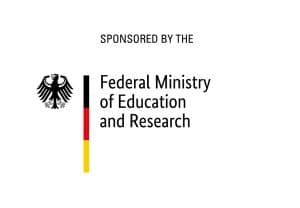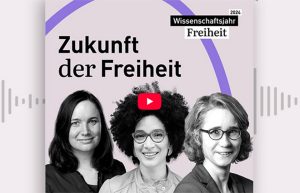On the International Day of Children’s Rights on 20 November, the joint project Security for Children in the Digital World (SIKID) is publishing a compass. This offers specific fields of action and options for strengthening the security of children in the digital space.
The SIKID project, which started in September 2021, focused on the risks of communication and interaction that children and young people encounter when using the internet, including cyberbullying, hate speech, cybergrooming and sexual boundary violations.
From a communication science and media education perspective, the project researched the coping strategies used by children and young people during and after stressful situations in order to be able to make statements about resilience and about the tools and countermeasures that young victims perceive as effective.
From a legal perspective, the existing legal framework for such risks was analysed, gaps in protection identified and approaches to closing them developed in an interdisciplinary network.
Key Finding
A key finding is that communication and interaction risks are structurally new types of endangering phenomena that the existing legal framework has only recently begun to address. A range of actors are needed to effectively empower and adequately protect children and young people from such risks, as empowering and preventive approaches must be combined with repressive instruments. Studies of the relevant actors have shown that links already exist between many of them. However, a sustainable and systematic network of actors in the area of communication and interaction risks has not yet been established. Against this backdrop, the SIKID project is identifying options for action to dovetail actors and measures in the protection of minors from harmful media content.
The Importance of Actor Networks
‘The old saying “It takes a village to raise a child” also applies to measures to reduce the risks of online interaction for children,’ says Dr. Stephan Dreyer, who heads the SIKID sub-project at the HBI. ‘We need joint cross-sectoral efforts to enable children and young people to use the internet confidently, positively and carefree. This requires comprehensive cooperation between stakeholders from media education, industry, regulation, law enforcement, science and civil society.”
Download the Compass
The compass is available open access as a short and a long version. Both working papers are published in German.
The SIKID project has been running since September 2021 and will end on 31 December 2024. It is a joint project of the University of Tübingen, the TU Berlin and the Leibniz Institute for Media Research | Hans-Bredow-Institut. At the HBI, the following researchers are involved in SIKID: Dr. Stephan Dreyer, Dr. Claudia Lampert, Sünje Andresen, Kira Thiel and Neda Wysocki.



